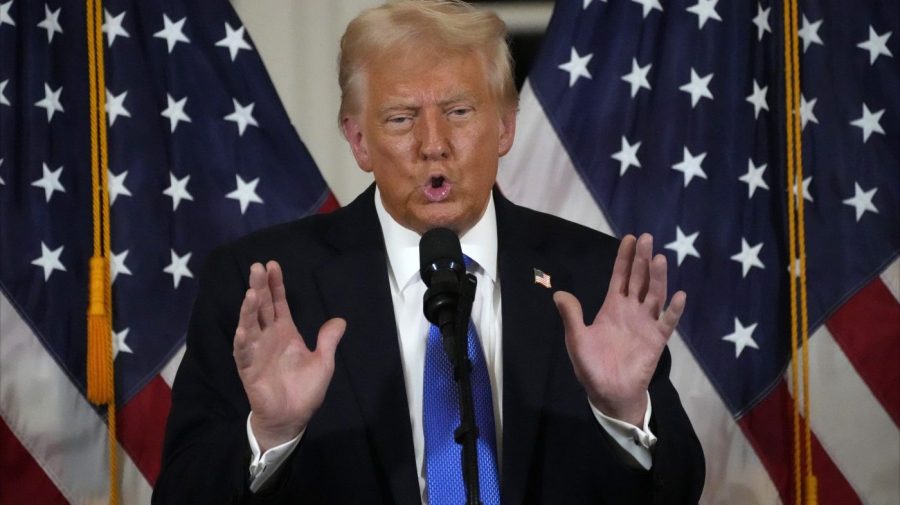President Trump Announces New Steel and Aluminum Tariffs, Courts Slow White House Moves
President Donald Trump announced on Sunday that he will impose a 25% tariff on steel and aluminum imports into the United States, with the official announcement expected on Monday. This decision marks a significant shift in U.S. trade policy and has potential implications for both domestic and international markets.
Key Points:
25% tariff on steel imports and aluminum imports
Announcement expected on Monday, February 11, 2025
Tariffs will apply to imports from all countries, including Canada and Mexico
“Reciprocal tariffs” to be announced later in the week
Potential Impact:
The implementation of these tariffs could have far-reaching effects on various sectors of the U.S. economy and international trade relations:
1. Domestic steel and aluminum industries may benefit from reduced foreign competition.
2. Industries relying on steel and aluminum imports, such as automotive and construction, may face increased costs.
3. Consumer prices for goods containing steel and aluminum could rise.
4. International trade tensions may escalate, particularly with major trading partners like Canada, Mexico, and China.
Background:
This move echoes similar actions taken during Trump’s first term, when he imposed tariffs on steel and aluminum imports in 2018. The previous tariffs led to retaliatory measures from other countries and sparked concerns about a global trade war.
Political Context:
The tariff announcement comes as the White House faces challenges from the courts on various policy initiatives. While specific details about these court actions are not provided, it’s important to note that the interplay between executive actions and judicial oversight remains a significant aspect of the U.S. political landscape.
Reactions and Perspectives:
1. Supporters argue that the tariffs will protect American jobs and boost domestic manufacturing.
2. Critics warn that the tariffs could lead to higher prices for consumers and potential job losses in steel-consuming industries.
3. International partners, particularly Canada and Mexico, may respond with their own retaliatory measures.
Economic Considerations:
A 2018 survey of 43 economic experts found that none believed a U.S. tariff on steel and aluminum would improve Americans’ welfare. However, the full economic impact of these new tariffs remains to be seen and will likely depend on various factors, including the response of international trading partners and the adaptability of domestic industries.
As this situation develops, it will be crucial to monitor the official announcements, international reactions, and economic indicators to fully understand the implications of these new tariffs on the U.S. and global economies.









